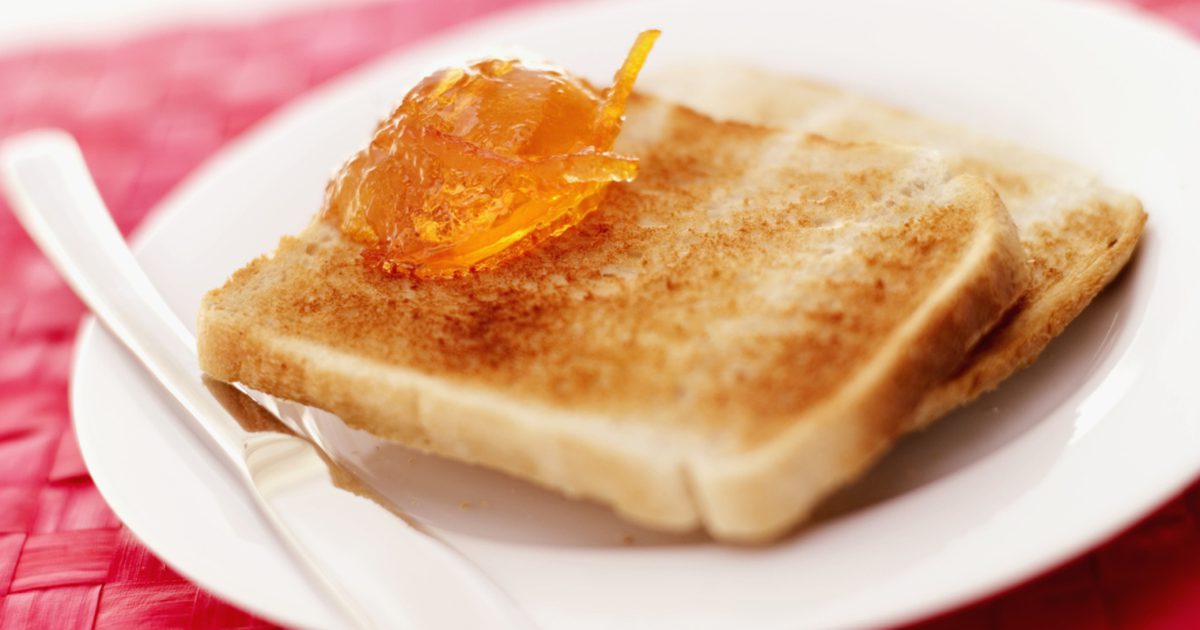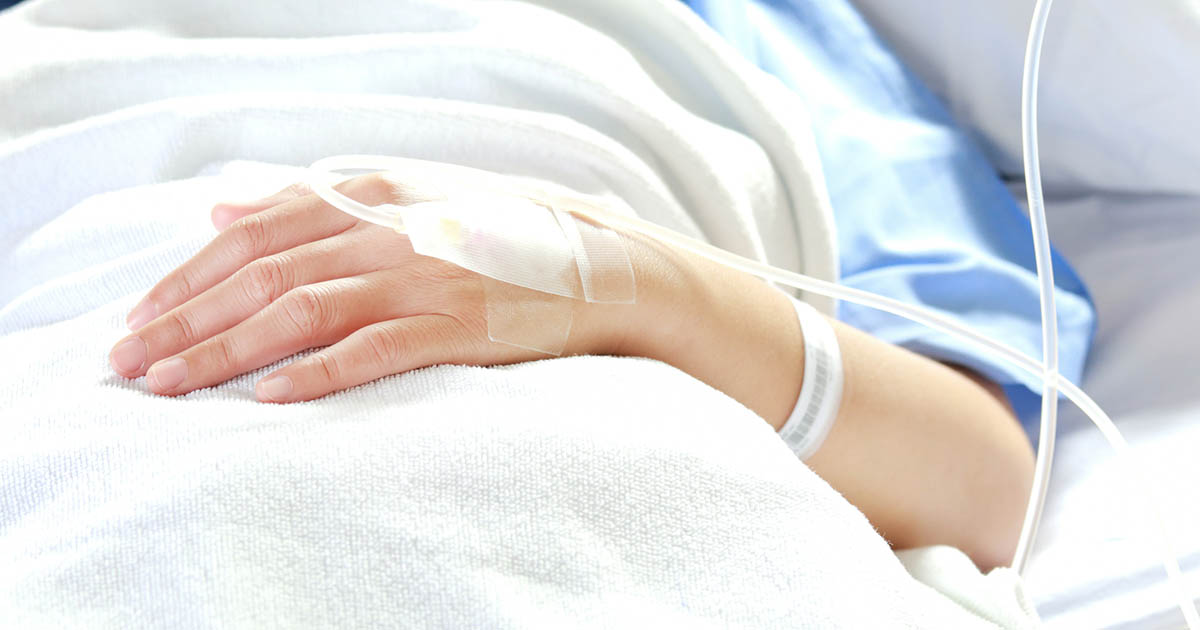Ways To Treat Campylobacter
Intravenous Fluids
As you know, when the body is infected with campylobacter, patients come down with severe diarrhea. They have loose stools that can be bloody and intense abdominal pain. The C. jejuni is a strain of the bacteria that cause acute enteritis, which is an inflammation of the small intestine and can include the stomach and large intestine.
The dehydration that accompanies diarrhea can lead to complications, so it is imperative to regain fluid retention. Sometimes patients become too ill and require intravenous fluids to help introduce fluids into the body. These fluids must be administered in a healthcare setting with medical professionals to monitor delivery.
Intravenous fluids are administered through a peripheral IV line in the arms, hands, legs, and feet. This way, liquids can enter the body immediately and replenish your system with much-needed nutrients. Since the liquid does not need to pass through the digestive tract, abdominal pain does not interfere with delivery.
Continue reading to learn more about treating campylobacter now.
Bland Or Low Fiber Diet

Since the symptoms of Campylobacter can last for up to five days, your appetite will most likely be suppressed. The abdominal pain can last up to ten days and make you unable to eat properly. The side effects include fever, diarrhea, vomiting, and muscle pain, which can make you stop eating. During this time, you may want to eat a bland or low fiber diet to help build up your appetite. A bland diet contains foods that are typically soft and easy to digest. The food you eat must be cooked thoroughly, and you must abstain from eating high-fat foods and only eat low-fat dairy items.
Although you must be careful with dairy products, drinking milk and eating yogurt should not exacerbate symptoms. When recuperating from the infection, eat cooked, canned, and frozen vegetables and drink plenty of fruit and vegetable juice to maintain your body’s equilibrium. Eat applesauce and canned peaches to soothe your stomach. Consuming bread, crackers, and pasta will help alleviate symptoms as well.
Continue learning about treating this infection and keep reading now.
